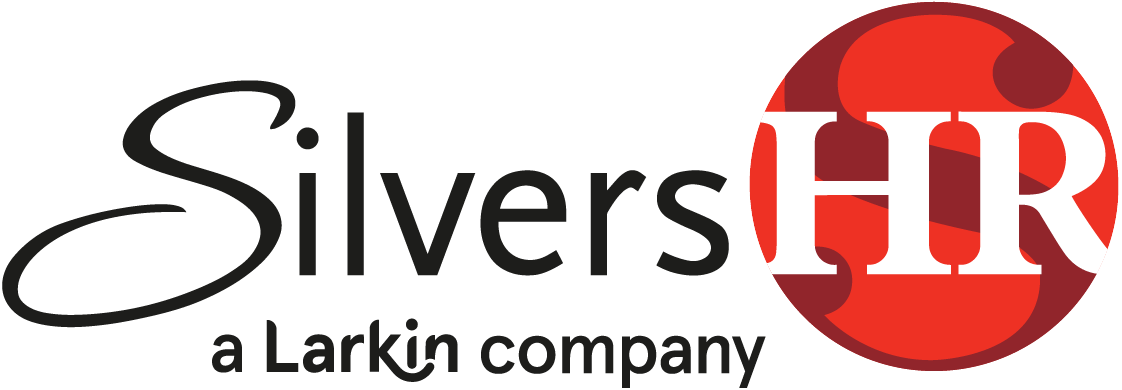Sarah Aquino – VP, Integrated Benefits and Insurance Services, Inc.
ACA certified by the National Association of Health Underwriters
By now we’re all aware that the Affordable Care Act (aka Obamacare) requires U.S. citizens and legal residents to carry a minimum level of health insurance or face a penalty tax. On our 2014 personal income tax returns we indicated whether or not we had “minimum essential coverage” although no proof of coverage was required.
Starting in 2016, insurance companies and some employers will be required to report coverage information to the IRS. The purpose of the reporting is to help the IRS enforce the individual mandate and the employer mandate, and to determine which individuals are eligible for tax credits in the exchanges. The first reports are due in early 2016 but provide information about the coverage offered in 2015.
Section 6055 reporting applies to insurance companies and all self-insured employers regardless of size. They will be required to file an annual report with the IRS which includes the names, addresses, social security numbers, and months covered for all subscribers and dependents. Reports must be e-filed with the IRS by March 31. In addition, a statement (called a Form 1095-B) must be furnished to each individual covered by January 31. Individuals will attach these statements to their 2015 tax returns to prove they had minimum essential coverage during the calendar year and have therefore satisfied the individual mandate.
Section 6056 reporting applies to employers with 50 or more full-time equivalent employees, also known as Applicable Large Employers (ALEs). ALEs will be required to file an annual report with the IRS and provide statements (called a form 1095-C) to each employee who was full-time for at least one month during the calendar year. These reports provide information about the coverage offered, or not offered, as the case may be. Section 6056 reporting will help the IRS enforce the employer mandate as ALEs who do not offer affordable, minimum value coverage may be subject to a penalty tax. The 1095-C statements will also determine an individual’s eligibility for tax credits in the exchange. Individuals who are offered affordable, minimum value coverage by their employer do not qualify for tax credits.
It’s interesting to note that employers with 50-99 full-time equivalent employees are required to report in 2016 although they are not required to offer coverage in 2015.
Although the first reports aren’t due until early 2016, there are things employers should be doing now to prepare. Contact your broker today to learn more about the requirements, the various forms, and some options for simplified reporting.
